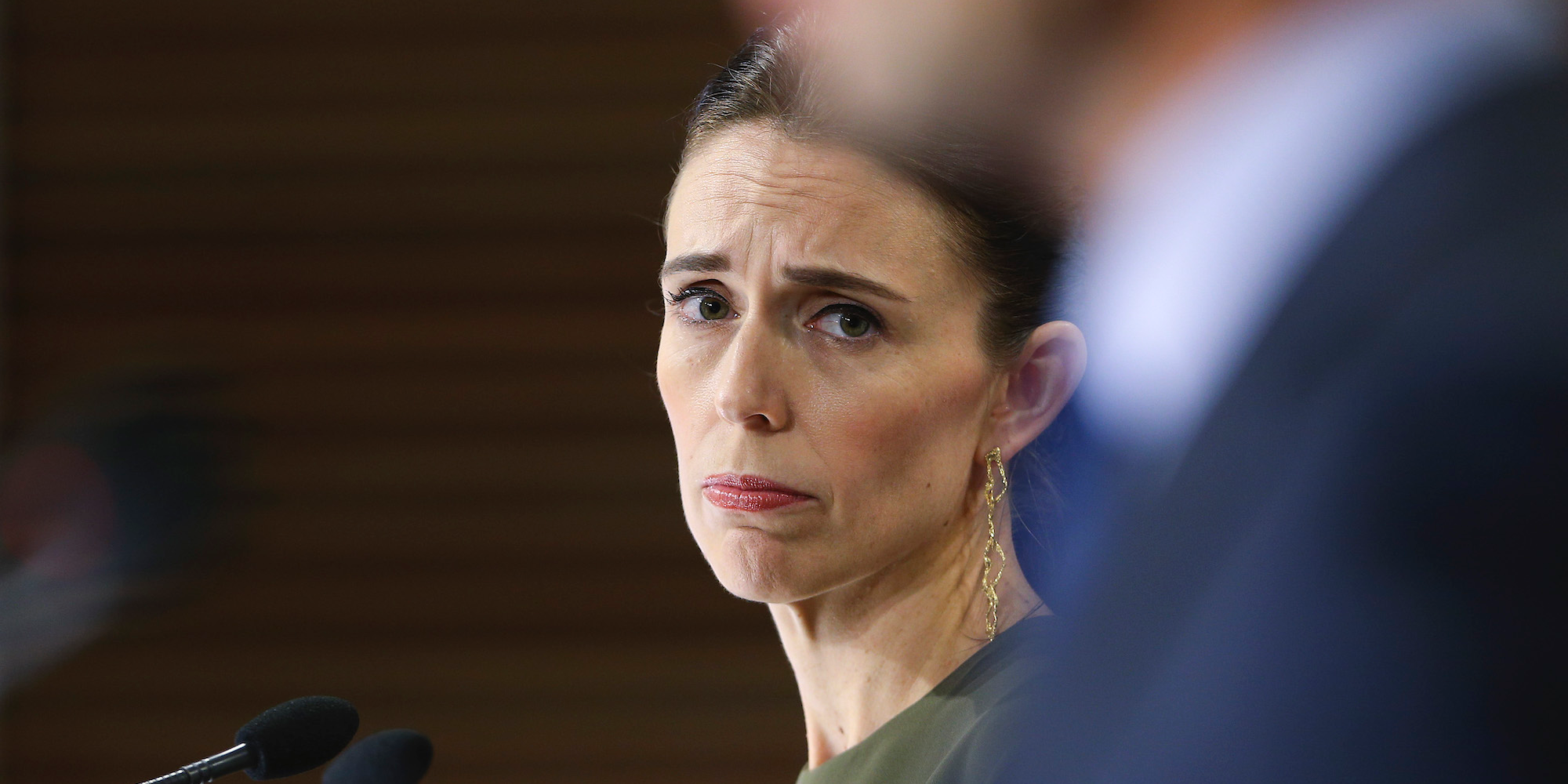- New Zealand’s approach to the novel coronavirus, closing its borders to foreigners and focusing on eliminating rather than containing the virus, has been praised by The Washington Post.
- The Post’s Beijing bureau chief, Anna Fifield, who’s from New Zealand, wrote that it took just 10 days for signs to show the country’s elimination goal was working.
- The University of Otago professor Nick Wilson told Business Insider that The Post was on point but that there was still a chance elimination could fail and New Zealand would need to shift strategies.
- As of Wednesday, New Zealand, a nation of about 5 million people, had 1,160 confirmed cases of COVID-19, with one death.
- Visit Business Insider’s homepage for more stories.
New Zealand’s approach to the novel coronavirus – closing its borders to foreigners and focusing on eliminating rather than containing the coronavirus – has been praised by The Washington Post, though one professor warns elimination could still fail.
On Tuesday, The Post published a story with the headline “New Zealand isn’t just flattening the curve. It’s squashing it.”
Anna Fifield, who’s from New Zealand but has lived abroad for the past 20 years and is The Post’s Beijing bureau chief, wrote, “It took only 10 days for signs that the approach here – ‘elimination’ rather than the ‘containment’ goal of the United States and other Western countries – is working.”
As of Wednesday, New Zealand, which has about 5 million people, had 1,160 confirmed cases of COVID-19, with one death. For two days in a row, new case numbers fell despite more testing.
Nick Wilson, a professor who is the director of a burden-of-disease epidemiology program at the University of Otago, told Business Insider he agreed with The Post, but he warned that New Zealand hadn't beaten the coronavirus yet.
"Things are looking promising for success - but still a chance elimination will fail in NZ, and the country will need to shift to an alternative strategy," he said.
Wilson cowrote an opinion piece for Stuff.co.nz with Michael Baker, an epidemiologist and professor of public health at the University of Otago who spoke with Fifield for The Post's piece. They wrote: "New Zealand is now the only Western nation to pursue an elimination strategy (though this is the model being used in Asian countries, including China, Hong Kong, Taiwan, Singapore, and Taiwan)."
The opinion piece set out that it wouldn't be clear until afterward whether elimination was the right decision to make.
"On balance, we think this is the right decision, based on what we know now about this threat, its likely high impact on health and inequalities, the available alternative strategies, and potential co-benefits," they wrote.
The University of Auckland microbiologist and infectious-disease specialist Siouxsie Wiles told Business Insider it was "great" that the response was being praised internationally. She also said she hoped those who had criticized the approach would "take note."
"There is always more that could be done, but I hope this is an eye-opener for those who have been arguing we should have followed the 'herd immunity' or 'wait a bit longer' approach," she said.
Fifield, who arrived in New Zealand about a month ago, outlined in her Post piece how New Zealand managed to control the coronavirus so quickly. She said it did the "previously unthinkable": closing its borders to foreigners on March 19, which was a big deal since about 4 million people visit each year.
Closing borders played a large role in the response, especially since New Zealand is a small island nation and most cases could then be traced through international travel.
She noted that Prime Minister Jacinda Ardern on March 21 held the first televised address from the prime minister's office since 1982 and didn't take the situation lightly, saying two days later: "We currently have 102 cases. But so did Italy once."
She said the nation's response had been mostly united the country, with people reporting breached lockdown measures, as well as the National Party, the main opposition political party, refraining from criticizing the government's response.
New Zealand's next challenge will be maintaining a virus-free nation once it gets to that point, and border security could be tightened.










